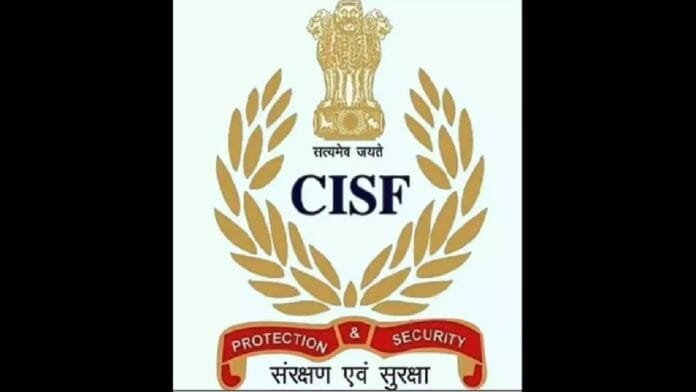The Central Industrial Security Force (CISF), which bears the responsibility of protecting the Parliament House, has mooted a big change in the transfer policy for its personnel deployed at the Parliament. As per reports, the CISF is revising its current three-year transfer policy for its 2500-strong personnel deployed in the Parliament security. They will now be transferred after four to five years, not three.
This is being done to make it easier for the personnel to identify Members of Parliament (MPs). It was necessitated after several MPs complained of the CISF personnel failing to recognise them during a Parliament session.
This policy change will exclusively apply only to the personnel deployed for Parliament House security, and not to those posted at airports, metro stations, or other units
The CISF, which took over the security of the Parliament House in May 2024, currently has over 2,500 soldiers and commandos deployed for its security. These soldiers are specially trained to memorise the faces of all the MPs, in addition to providing them with detailed information about every corner of the Parliament House.
This change is to ensure that CISF personnel do not misidentify any MPs entering the Parliament House, especially during Parliament sessions. Despite this, there have been instances where MPs have alleged that CISF personnel failed to recognize them.
Keeping it in mind, an elaborate transfer policy is going to be put in place so that there is no confusion in identifying MPs, both new and old. According to the plan, 25% of the total personnel deployed in the security of the Parliament House will be transferred to other units on a rotational basis each year so that soldiers coming from other units can also learn about Parliament House security and its rules. This will ensure that when soldiers are transferred every four or five years, there won’t be all new soldiers and officers posted in the Parliament House.
Sources suggest that it could be possible to ensure that no personnel stationed in Parliament House are removed for five years after the government is formed so that they do not fail to recognise any new MPs elected after the general elections. This would prevent any confusion in identifying new or returning MPs and implementing the procedures in place. This move is expected to have benefits on many other fronts as well.




















